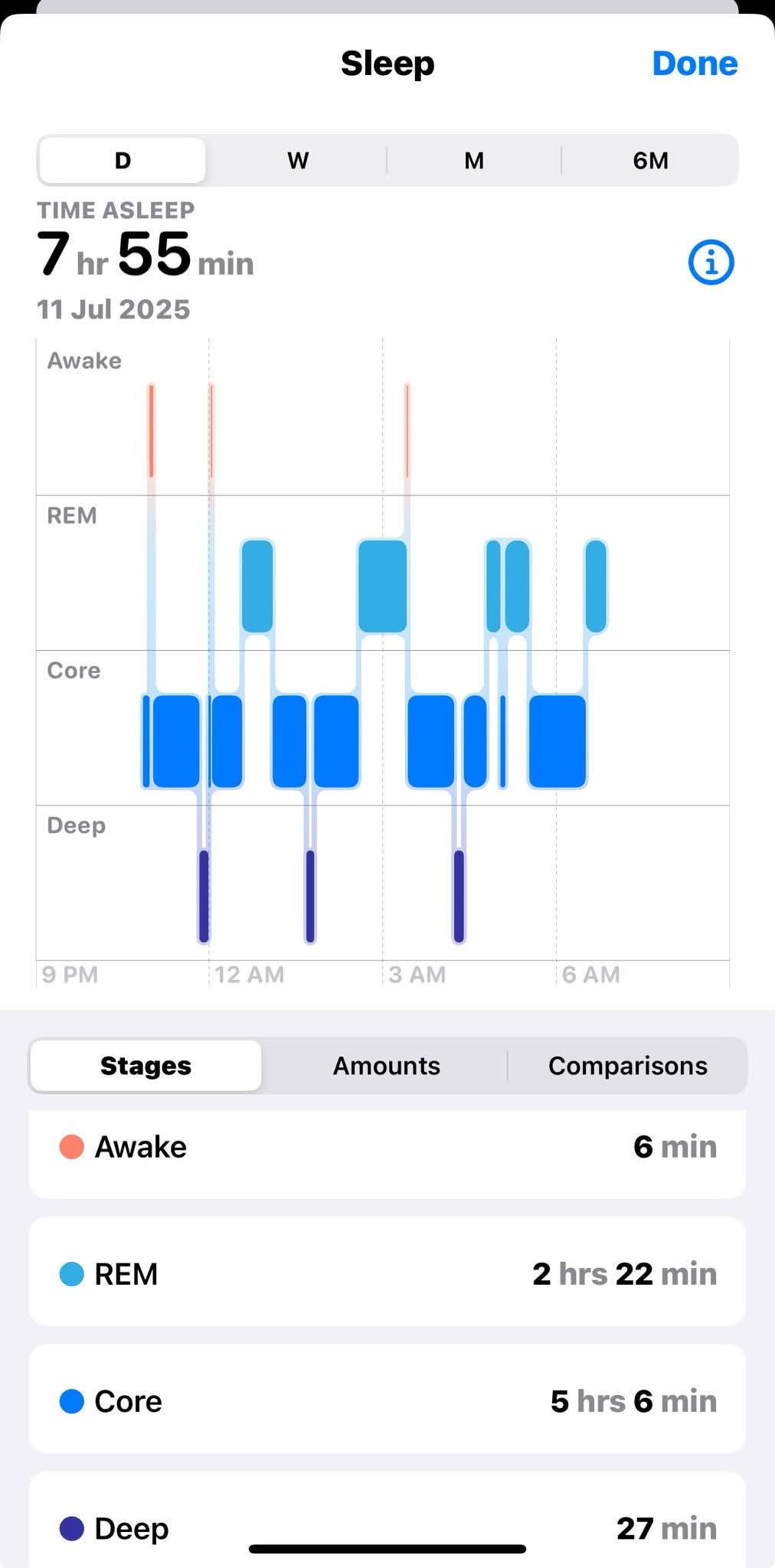How many hours of sleep
4 hours of sleep is not enough – 7-8 hours of sleep is needed
Why is sleep so important? Read on…
Sleep occurs when your body and brain enter a state of unconsciousness, a state of rest. While you sleep, many basic functions in your body change or stop, while other specialized functions take place. You may not remember most of your sleep, but you likely spend a third of your life in this state.
Sleep can do amazing things for you.
It relaxes your body. And it allows your memory, hormones, your immune system, and other vital functions to function. It improves your brain’s ability to learn, helps your body fight infections, allows your heart to rest, and even lowers blood pressure. Not getting enough sleep can have negative effects in all of these areas and more.
So how do you know if you’re getting the right amount of sleep? When you wake up feeling rested, you feel like you’ve had enough sleep. The amount of sleep someone needs is very individual.
Generally, adults need 7–8 hours of sleep, children 9–13 hours, and infants 12–15 hours.
Over the course of a day, you build up sleep pressure. You may feel groggy or tired. This is your body’s way of telling you to sleep.
Not all sleep is the same and there are stages…About the stages| How many hours of sleep
There are many myths about sleep stages and sleep quality.
Scientists and doctors are still exploring
the purpose of the different stages and the effects they have on the body. Generally, sleep stages are classified into 4 types..1. Awake (wakefulness stage) 2. REM sleep stage 3. Core sleep 4. Deep sleep
The stages are based on the brain waves that occur while you are sleeping..
It is known that dreams occur during the Rapid Eye Movement (REM) stage and that deep sleep has a restorative effect on the body. As you sleep, you are likely to move through different stages several times and into different stages.
What is sleep apnea?
Most people breathe regularly and rhythmically while they sleep, but it is also very common for people to experience brief, temporary interruptions in breathing. Sleep apnea is a common condition that disrupts one’s breathing night after night. During any given sleep session, you may experience anywhere from a few interruptions to more than 30 per hour.
Sleep apnea makes it difficult to get a full night’s rest, which can lead to fatigue during the day. The condition also increases the risk of high blood pressure, heart attack, stroke, and type 2 diabetes. Early detection and treatment of sleep apnea can reduce the risk of physical and mental health problems. This involves a sleep specialist who will examine you and help you get a good night’s sleep using a CPAP machine.
How many hours of sleep.
Dr. Chinta Prabhakar Reddy MS MCh
Cardiac and Pulmonary Surgeon
Government General Hospital Kurnool
“Disclaimer: The views and opinions expressed in this blog are for informational purposes only and do not constitute professional advice. Readers are encouraged to verify information and use their own judgment. The author is not liable for any actions taken based on the content of this blog.”









